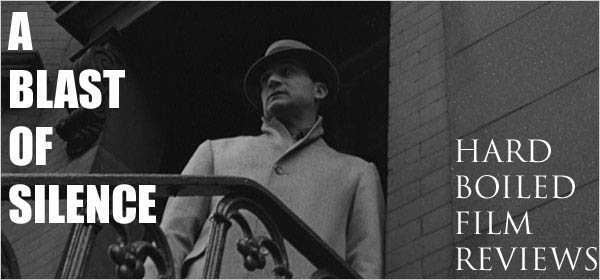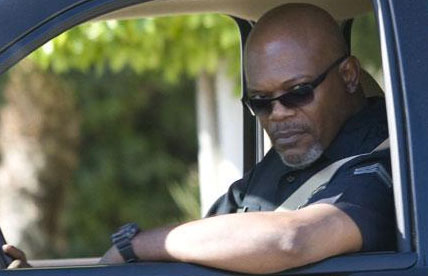
This past summer Spike Lee promoted his new World War II epic Miracle at St. Anna by criticizing director Clint Eastwood on his Iwo Jima film Flags of our Father for not having a single black actor on screen. Lee, known for his films dealing with controversial issues in society, was quoted saying “That was his version. The negro soldier did not exist. I have a different version.”
St. Anna follows four soldiers of the all-black 92nd Infantry Division. After saving a young Italian boy they come to a small Tuscany village where they hold up while waiting for orders from headquarters. The film’s story is inspired by the 1944 Sant'Anna di Stazzema massacre.
St. Anna opens with a bang of intrigue and a sharp indication of Spike Lee’s message. The film begins in 1980’s New York. Hector Negron is seen watching the Duke, John Wayne, in an old black and white war movie. The only problem for Negron is there’s really nothing black about it. The next day, while working at the post office, Negron kills a man in cold blood. Soon after, police stumble upon the missing sculpted head from the Ponte Santa Trinita in Florence, which acts as the framing device for the rest of the story.
Ultimately this film is hurt by the over involving script. James McBride’s script of his own novel contains too much focus on too many characters. Not only does this film put the spotlight on the four soldiers and the young boy but also on the Italian partisan group, family relations in the Tuscan village, and so on and so forth. Running at 160 minutes, a film with as many characters and subplots as this one can’t help from meandering through.
Despite these imperfections, St. Anna is still a very powerful, emotional, and jointed film. Even when I was taken away from the main story, I never felt too disconnected. I’d rather have too much to care for than too little. Lee’s ability as a true and brilliant artist is shown throughout. There are a plethora of stunning scenes that come to life thanks to smart dialogue, great cinematography, and vibrant atmospheres. A few of the combat scenes are very jolting and powerful. While they may not rival the likes of Saving Private Ryan they do impress enough.
St. Anna has a clear message about the prejudice against blacks in the war. Lee’s attempt to convey this message, while noble, was a disappointment. At times the message becomes stereotypical, overbearing and too obvious. Alternatively, there are scenes that effectively and powerfully represent the message. Lee’s handling of the issue is average.
Miracle at St. Anna is a solid film that features a lot but can’t really master much of what it has. The essence of war, much like the other themes of romance, loyalty, brotherhood, and betrayal is there but not perfected. The film is too epic for its own good as the encompassing script is simply in too many places at the same time. The ending is poorly handled and it feels like Lee never reaches his ultimate point. The acting is average as no one stands out in the crowd and no one falls far below par.
Despite this, Spike Lee’s ambitious effort is to be recognized. His artistry saves this film from becoming a muddled mess many directors would allow it to be. A great story is being told and there are enough intriguing and captivating moments in this film that make it very enjoyable to watch.





